We identified a plasmid vector for the strain and generated a large RB-TnSeq library, screening for genes impacting plastic degradation.
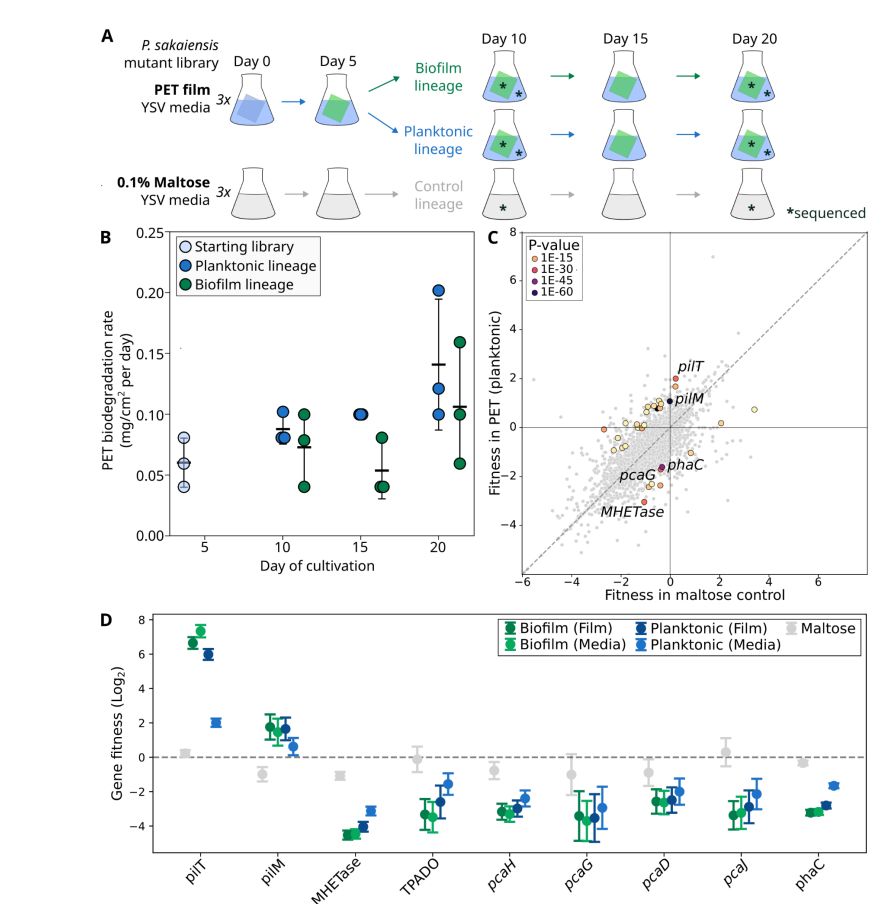
We identified a plasmid vector for the strain and generated a large RB-TnSeq library, screening for genes impacting plastic degradation.
🦠🧫

🦠🧫
We describe differences from E. coli and discuss links to decoding of stress-related codons 🦠
Huge thanks to amazing co-authors and collaborators!
@plos.org #rnasky #microsky #tRNAmodifications

We describe differences from E. coli and discuss links to decoding of stress-related codons 🦠
Huge thanks to amazing co-authors and collaborators!
@plos.org #rnasky #microsky #tRNAmodifications
In this latest #GENETICS review, Susan Lovett and @thalia.bsky.social provide a detailed overview of bacterial genetics experiments instrumental in understanding how genomes change. buff.ly/CXJnTqn

In this latest #GENETICS review, Susan Lovett and @thalia.bsky.social provide a detailed overview of bacterial genetics experiments instrumental in understanding how genomes change. buff.ly/CXJnTqn
We’re inviting applications from outstanding researchers who either hold, or wish to apply for, Independent Research Fellowships.
APPLICATION DEADLINE: 10 November 2025
Click here to apply: jic.link/Fellows

We’re inviting applications from outstanding researchers who either hold, or wish to apply for, Independent Research Fellowships.
APPLICATION DEADLINE: 10 November 2025
Click here to apply: jic.link/Fellows
Check out this work co-led with @benadler.bsky.social here:
www.nature.com/articles/s41...

Check out this work co-led with @benadler.bsky.social here:
www.nature.com/articles/s41...
Recovery of microbial ecophysiology and carbon accrual functions in peatlands under restoration.
We demonstrate that microbial ecophysiology predictably changes with peatland ecosystem health.
www.biorxiv.org/content/10.1...
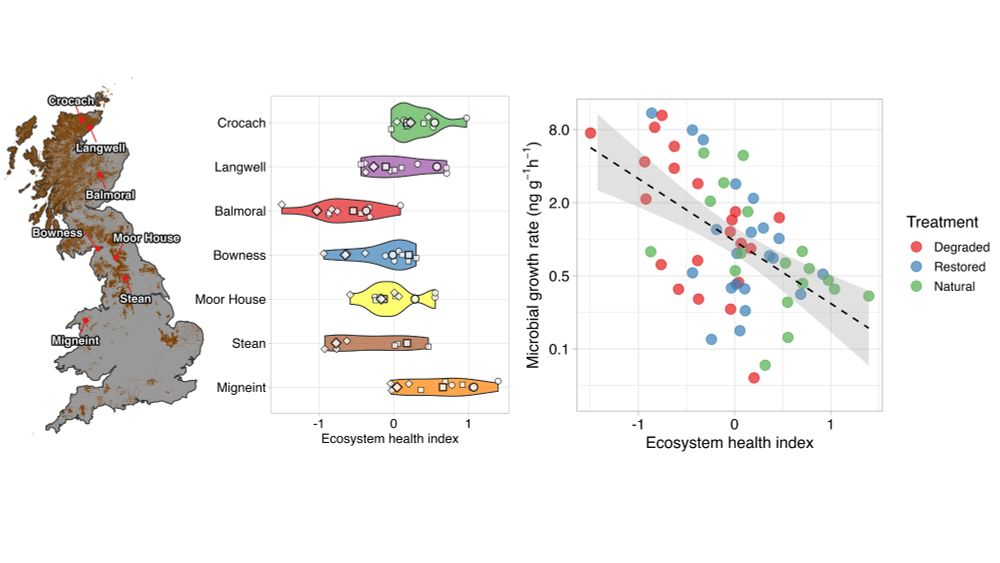
Recovery of microbial ecophysiology and carbon accrual functions in peatlands under restoration.
We demonstrate that microbial ecophysiology predictably changes with peatland ecosystem health.
www.biorxiv.org/content/10.1...
Excited to share our latest, led by A. Delphine Tripp, showing a case where phage is just not that important:
Phage-mediated lysis does not determine Cutibacterium acnes colonization on human skin
www.biorxiv.org/content/10.1...
🧵

Excited to share our latest, led by A. Delphine Tripp, showing a case where phage is just not that important:
Phage-mediated lysis does not determine Cutibacterium acnes colonization on human skin
www.biorxiv.org/content/10.1...
🧵
@rkoszul.bsky.social @natmicrobiol.nature.com @cnrs.fr @institutpasteur.bsky.social
www.nature.com/articles/s41...

@rkoszul.bsky.social @natmicrobiol.nature.com @cnrs.fr @institutpasteur.bsky.social
www.nature.com/articles/s41...
jobs.colostate.edu/postings/165...

jobs.colostate.edu/postings/165...
www.nature.com/articles/s41...
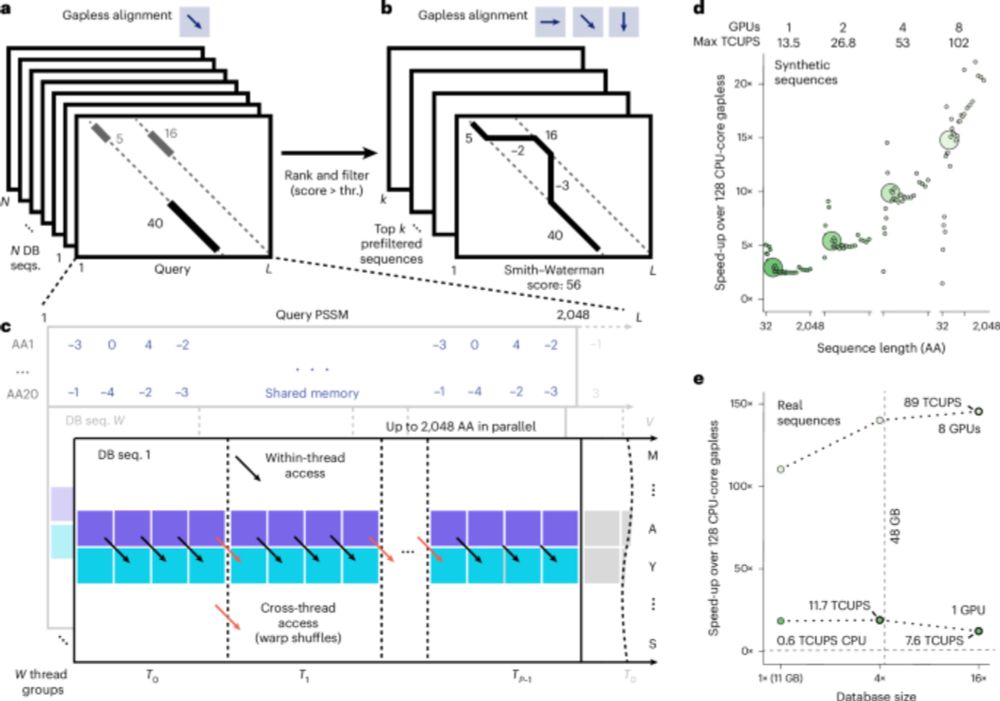
www.nature.com/articles/s41...

nature.com/articles/s41467-025-63463-6

nature.com/articles/s41467-025-63463-6
go.nature.com/46b1XAQ

go.nature.com/46b1XAQ

academic.oup.com/ismej/articl...
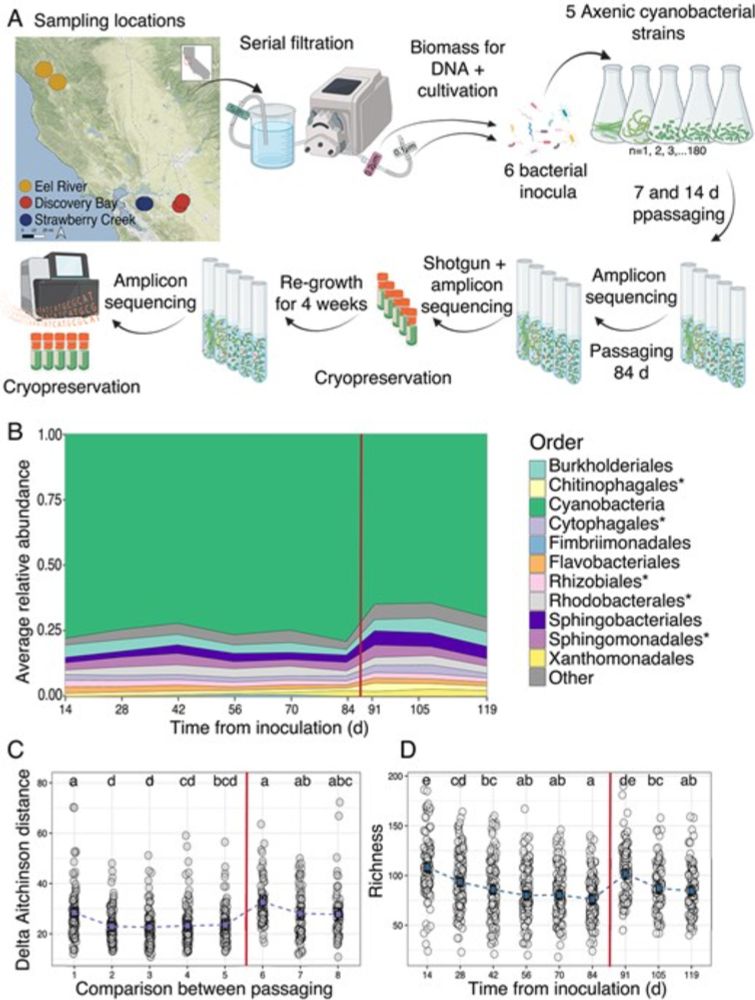
academic.oup.com/ismej/articl...
Our paper on that is out today.🧵

Our paper on that is out today.🧵
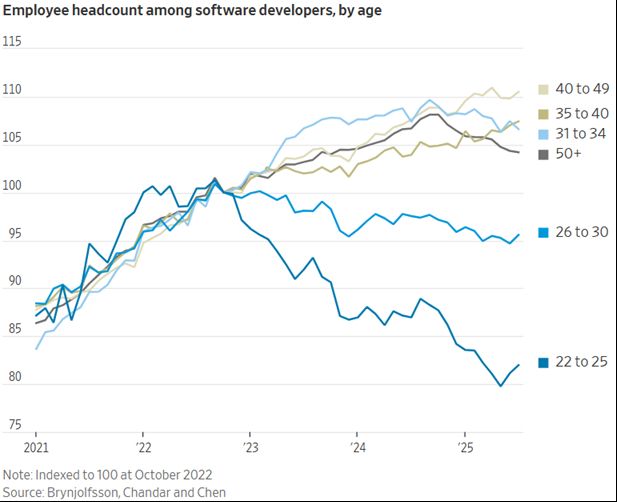
www.biorxiv.org/content/10.1...

www.biorxiv.org/content/10.1...
Really proud of Chilean PhD student @bvalderrama.bsky.social who championed this new important paper just out in @natcomms.nature.com
"If microbiome science is to benefit everyone, it must include everyone."
www.nature.com/articles/s41...




Really proud of Chilean PhD student @bvalderrama.bsky.social who championed this new important paper just out in @natcomms.nature.com
"If microbiome science is to benefit everyone, it must include everyone."
www.nature.com/articles/s41...

doi.org/10.1093/isme...
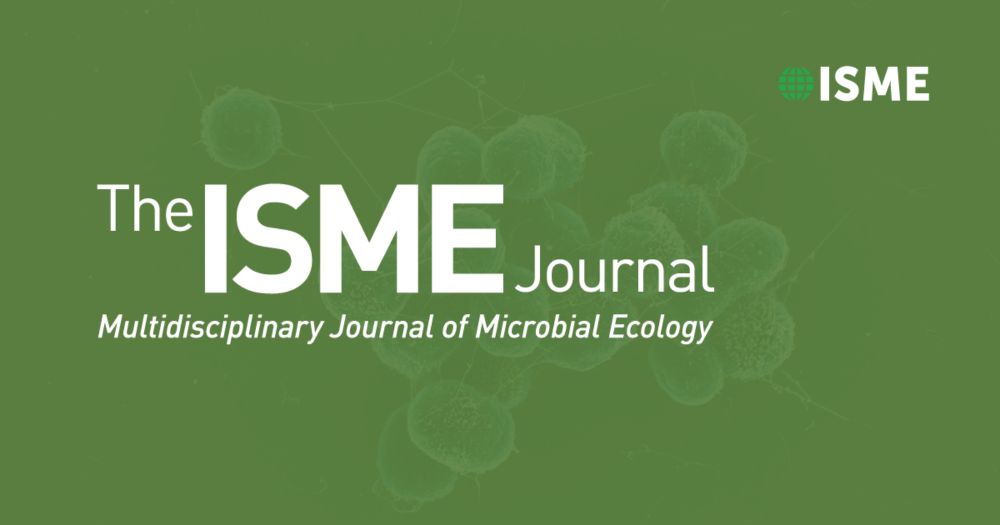
doi.org/10.1093/isme...

